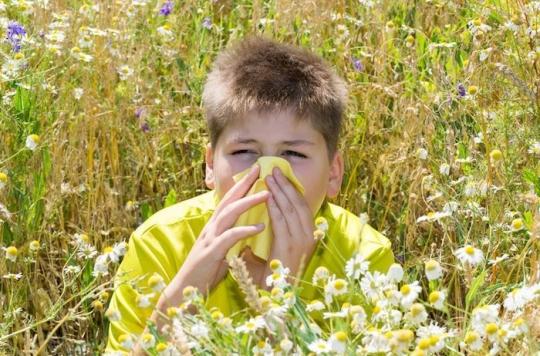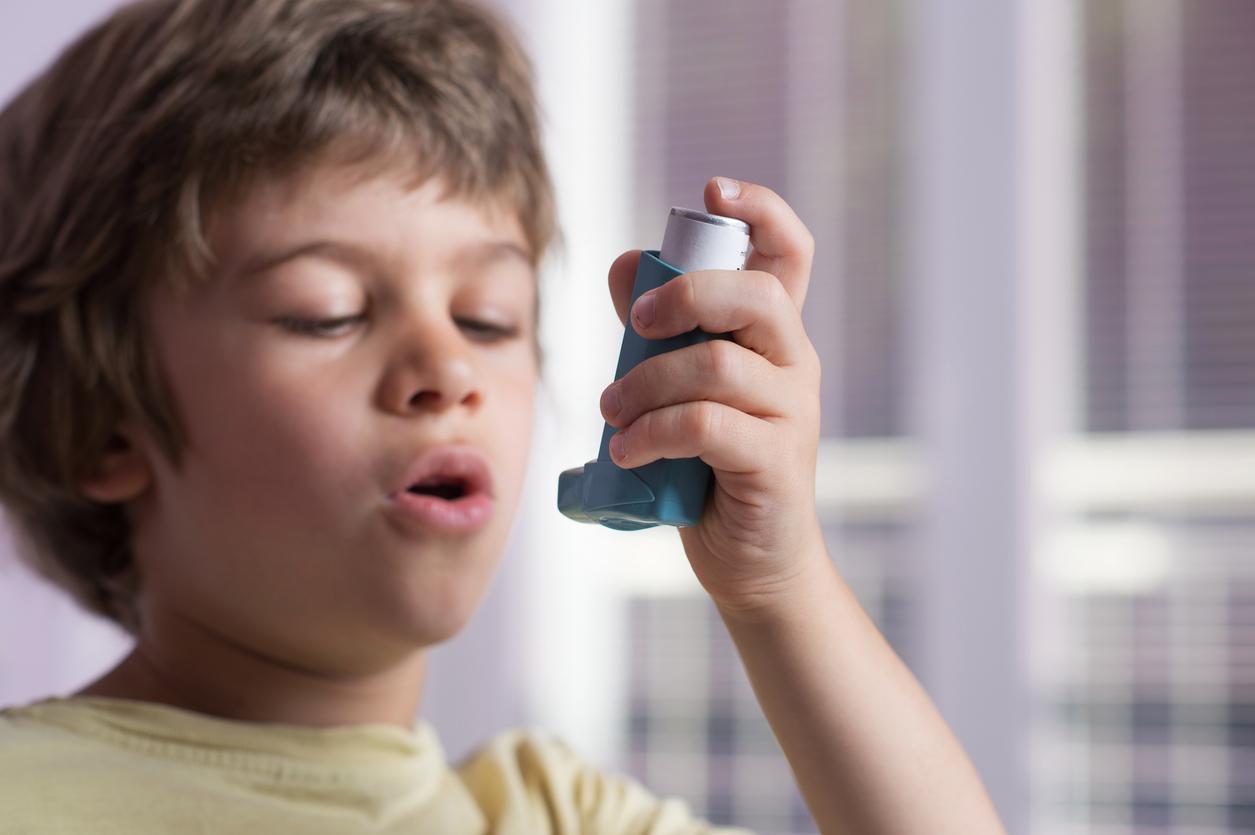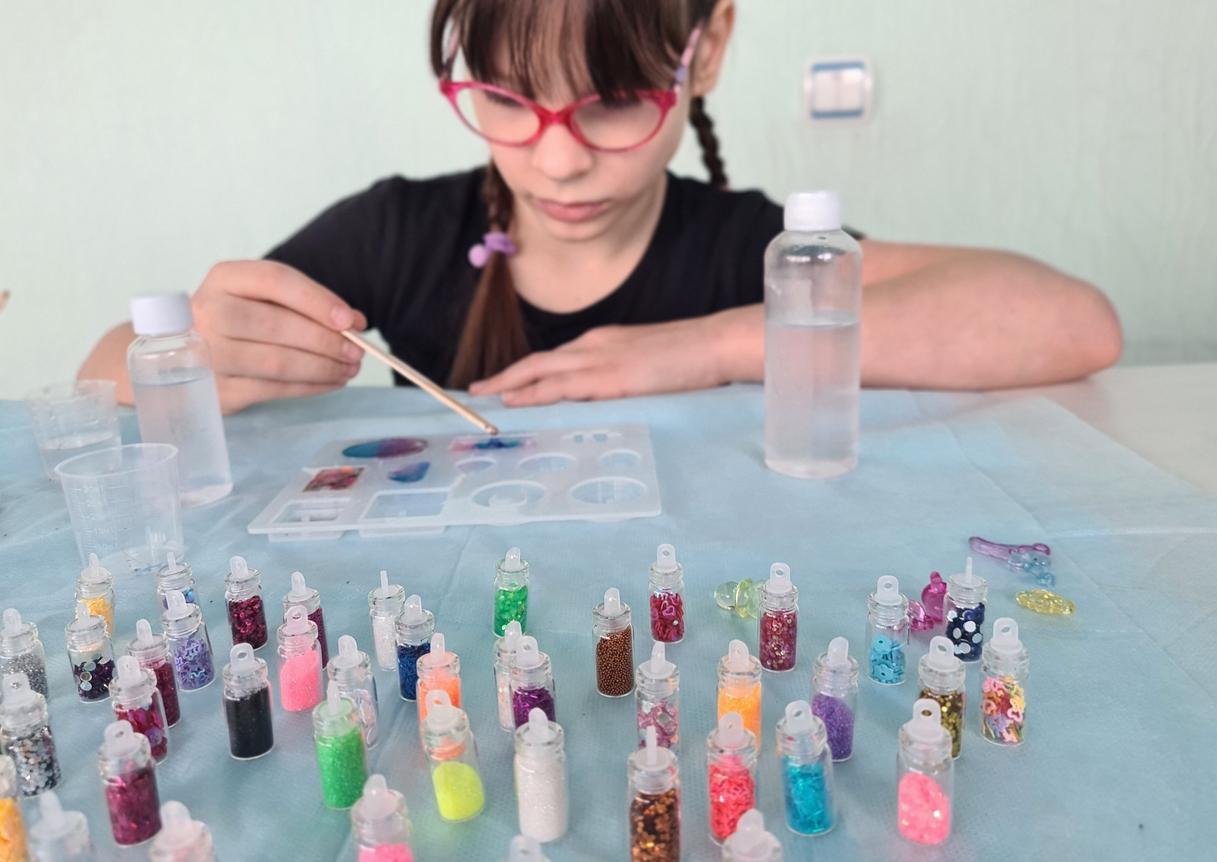A Canadian study shows that asthma and some food allergies are predictable 12 months after birth. Depending on the state of health, the forecast can become a prediction.

Doctors can better prevent asthma and allergy risk in a one-year-old, according to an article published today by the Journal of Allergy and Clinical Immunology.
Indeed, 12 month old babies with eczema or atopic dermatitis and sensitized to an allergen are seven times more likely than other infants to develop asthma. They are also significantly more likely to have an allergy by the age of three.
It has long been known that infants with eczema or atopic dermatitis are more likely to develop these conditions, but it was still difficult to accurately predict which children would develop these conditions.
Educate the body
The results build on another finding from the CHILD study. It has shown that children who did not consume cow’s milk products, eggs or peanuts during the first year of life had an increased risk of allergic sensitization to these foods later. Contrary to what had previously been explained to parents, we now know that an early education of the immune system is beneficial for the tolerance of the future child and the reduction of the risk of food allergy: “A large part of what happens to us more late in life is linked to the exposures we encounter in early childhood, ”said one of the study’s authors.
No education, no tolerance
Childhood, and even birth, is indeed at the origin of many of our ills: we must educate very early on the system that serves to defend us against external attacks or the immune system: it must learn to recognize what is compatible with our existence. A too hygienic childhood, with food exclusions, is rather bad for the health of children and adults.
“Governments realize that we cannot learn about healthy aging if we do not understand what happens to a child in the early years of life,” adds Dr. Judah Denburg. And even to his mother during pregnancy ”.


.














